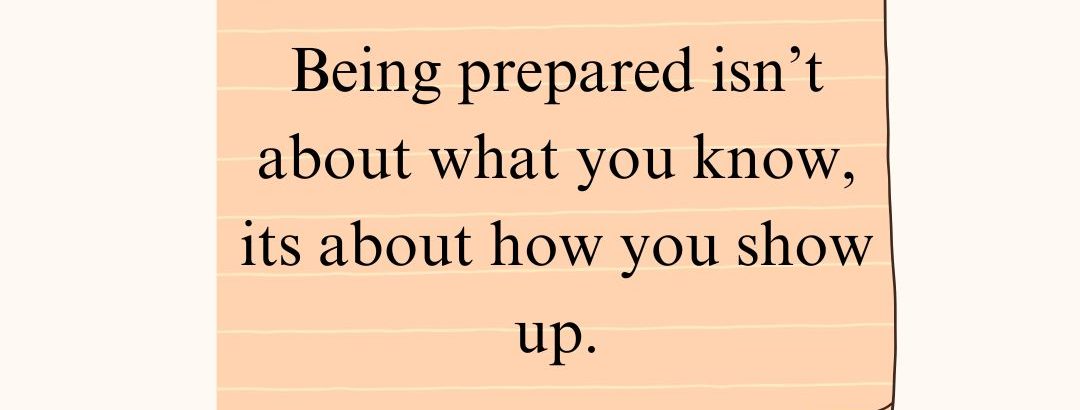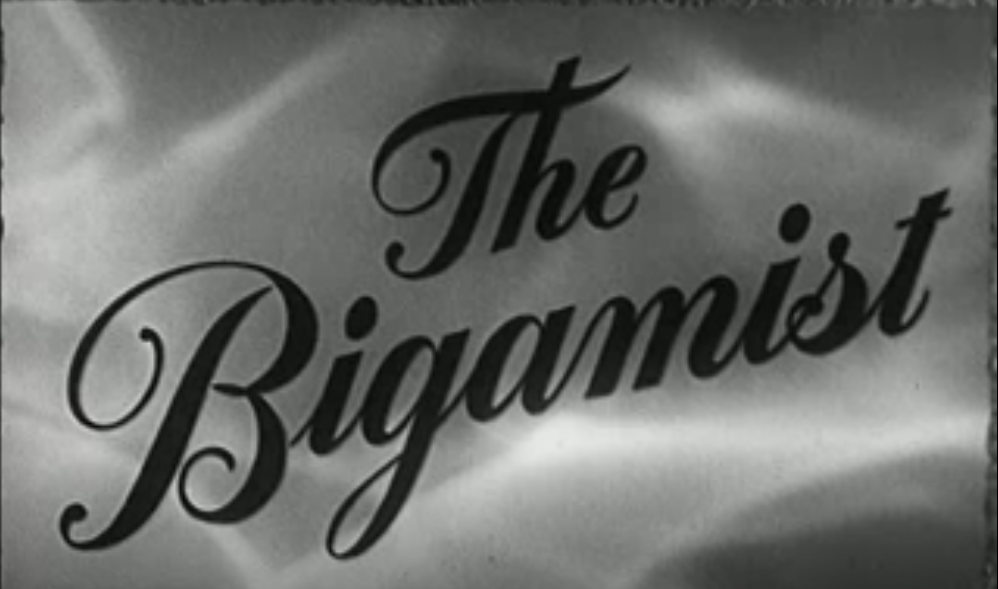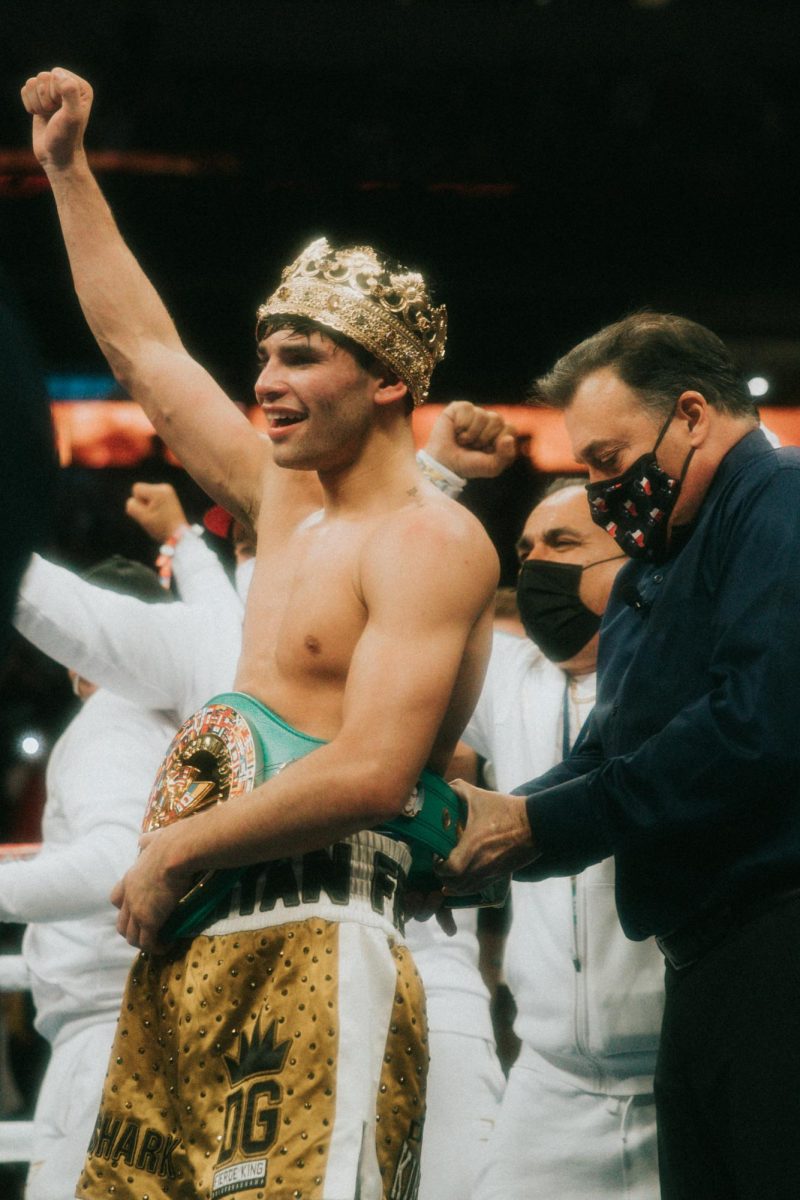Babylon: A Love Letter to Cinema, A Poison Pen Letter to Hollywood
February 1, 2023
In Babylon, Damien Chazelle shows Hollywood from a different perspective. In his 2016 film, La La Land, Hollywood is a mystical place. Mia (played by Emma Stone) and Sebastian (played by Ryan Gosling) are trying to be successful in Hollywood as an actress and musician. Through their hardships, they do end up successful, but making the hardest sacrifice for it: each one’s love. La La Land depicts Los Angeles as a place where dreams are made; a city of stars. Chazelle explores early Hollywood in Babylon and captures the film itself as an extravagant ode to movies—a love letter to movies as he describes it himself; and a poison pen letter to Hollywood, shown by the decadence and depravity the film expressed Hollywood was.
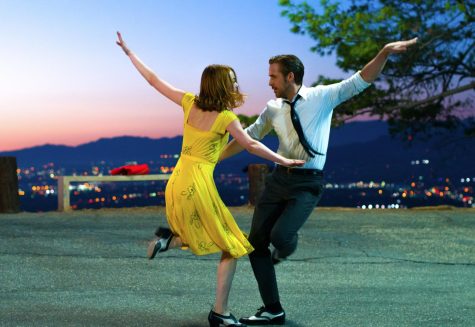
La La Land romanticizes Hollywood in a way Babylon doesn’t. Babylon shows the rise and fall of multiple characters during the traumatizing transition between silent films to talkies. Babylon is a messy and outrageous period film covering the roaring ‘20s with an extensive three-hour and nine-minute run time. Entering the movie, you get to see Diego Calva’s character lug an elephant that ends up defecating everywhere, setting the tone of how wild this movie really is.
Babylon follows the story of dreamers trying to make it during the Golden Age of Hollywood. Chazelle introduces three main characters to us: Jack Conrad (played by Brad Pitt), a movie star hit by the fate of Hollywood’s transition from the silent era to sound films. Next, Manuel “Manny” Torres (played by Diego Calva) is an immigrant from Mexico who aspires to be successful in the City of Angels. Torres begins as Conrad’s assistant and ends up as a powerful executive for a big film studio. Lastly, Nellie LaRoy (played by Margot Robbie), is an up-and-coming Hollywood starlet. LaRoy ends up being a big face in Hollywood and rises during the era of silent films, but when the introduction of talkies starts, her decline in the industry begins.

Babylon successfully shows what early Hollywood was. The film discusses the surface of it, which is the popular stars partying often, and goes deeper in by showing us the industry’s issues.
One of the big issues discussed in the film was the racism of early Hollywood. First, Torres tries to Americanize himself by changing his name from Manuel to Manny. “It’s not Manuel, it’s Manny. Manny Torres, okay?” he says while running around on a movie set. Although Torres’ family lives in Los Angeles along with him, he cuts off all ties with them, cutting off his Mexican roots. Another example includes Torres’ blind eye to racism in order to be successful. Torres tells an African American trumpet player, Sidney Palmer (played by Jovan Adepo) to put on darker makeup to appeal to the studio and says “Actors change their appearance for roles. Okay? It’s normal. It’s–normal.”

The entire last sequence of the movie showed Chazelle’s love for the art of film. It starts with Manny, a few years later, sitting in a theater, watching a bright, lush technicolor image, with chorines in pink outfits, singing, and dancing. He takes a moment to look around the theater, taking in the environment. Then when he looks back at the screen, he realizes the film is about the birth of the talkies–something he lived through. Then, a montage of different films throughout Hollywood’s history including The Passion of Joan of Arc, The Matrix, and Avatar appears. Manny just sits in his seat, amazed. He’s amazed by everything–the way that the audience laughs, the way that he felt as if he went through a screening of his life. The ending of Babylon is an homage to cinema, showing the worlds that were and are created through its art of it.
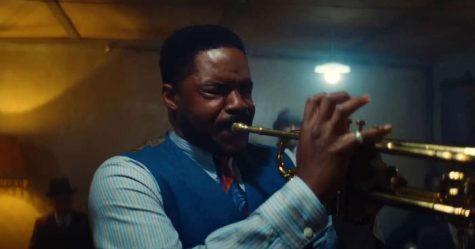
With the film, Damien Chazelle proved himself in so many ways that he has never, including the writing of the dialogue and the screenplay. Watching Babylon, it’s hard to feel like you are not a part of Hollywood yourself.







